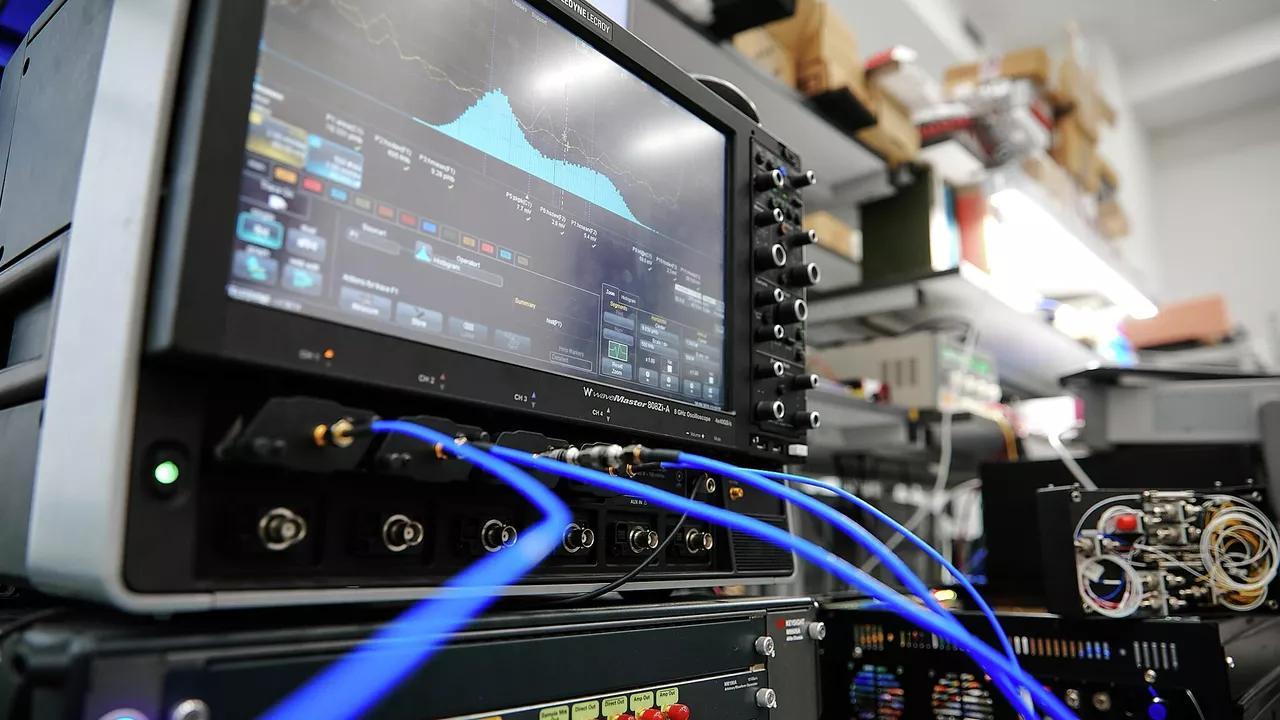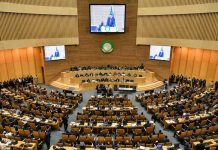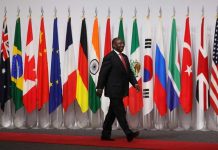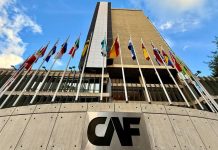Africa-Press – Mauritius. Russian scientists have developed an algorithm that improves photon detection efficiency in quantum key distribution (QKD) systems. Quantum key distribution is a super-secure method of encrypting information designed to eliminate the possibility of leakage or hacking by digital means.
When a key – the “instruction” for encrypting and decrypting information – is transmitted, quantum uncertainty is activated, making interception of the key by existing hacking tools theoretically impossible.
The scientists explain that one of the core quantum key distribution (QKD) devices is a single-photon detector (SPD), a detector that registers ultra-low intensity light.
The study showed a strong effect of the amplitude of the alternating gating voltage on the functional parameters of SPDs. According to the scientists, it was possible to formulate universal recommendations to improve the performance of SPDs with sine gating. The study’s results were published in the IEEE Photonics Journal.
Employees of the NTI Centre for Quantum Communications at the National University of Science and Technology MISiS believe that the key to properly solving the problems of quantum technologies is the versatility of scientists, who act alternately as engineers, software developers, laboratory technicians, and mathematical modelling theorists.
The scientific team plans further research in investigating the “delayed avalanche” effect in the SPD, which they also identified in the study. This effect locks the detector in a certain position, which affects the overall error rate of the SPD system and, consequently, the resulting lower rate of quantum key generation.
Earlier, it was reported about the launch of the first ecosystem-based open access quantum network between the campuses of the National University of Science and Technology MISiS (NUST MISiS) and the Moscow Technical University of Communications and Informatics (MTUCI).
For More News And Analysis About Mauritius Follow Africa-Press







